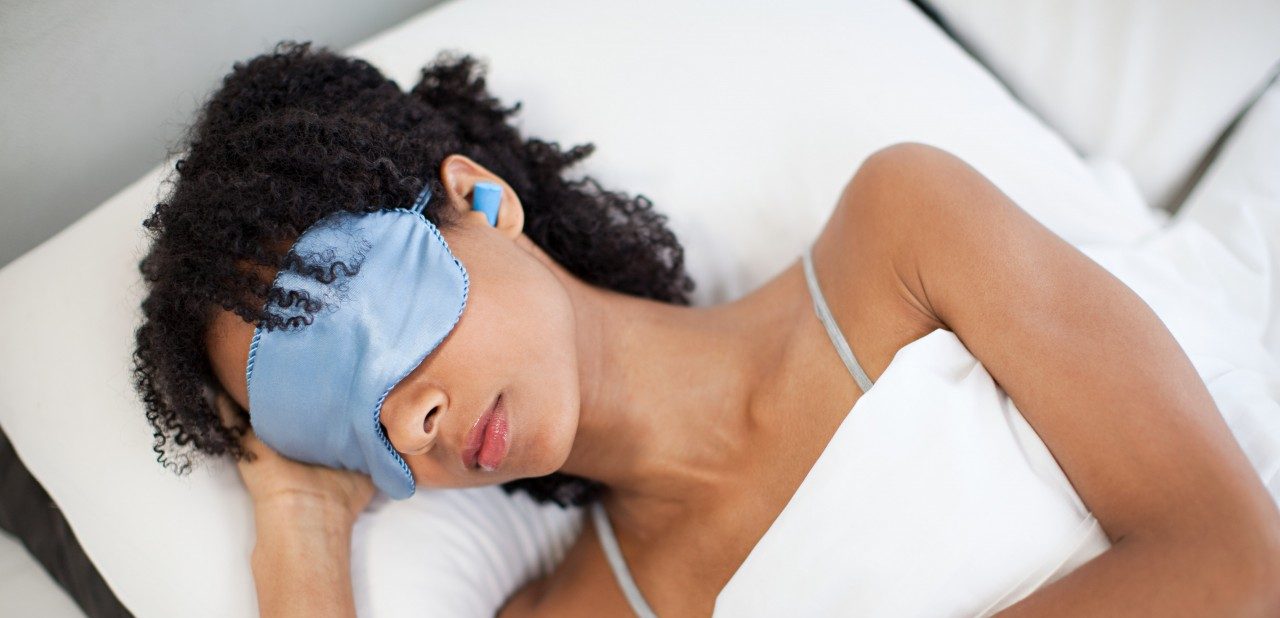How to Make Yourself Sleep

Difficulty getting to sleep and staying asleep can leave you fatigued and cranky the next day. Learn how to make yourself sleep with proven strategies.
For optimum health and a sense of wellbeing, adults need seven or more hours of sleep every 24-hour period, according to the Centers for Disease Control and Prevention (CDC). Of course, knowing you need this much sleep is easier said than done — especially if you have difficulty falling and staying asleep.
If you are stressed about countless nights of insomnia or frequent awakenings, the worry can make it even harder to fall asleep. Over time, you may give up figuring out how to make yourself sleep quickly and deeply and end up chronically fatigued. Over-the-counter sleep aids and prescription medications can help, but they don’t solve the problem long-term — and they can have serious side effects.
The good news is there are tried and true slumber-inducing strategies. Bottom line: You can learn how to make yourself sleep.
YOU MIGHT ALSO LIKE: Why Is Sleep Important?
These small lifestyle changes can help you sleep
About 70 million Americans suffer from sleep problems, and 60 percent regularly don’t get adequate shut-eye, according to the National Center on Sleep Disorders Research. Besides causing fatigue, a chronic lack of sleep can have a serious impact on health — raising the risk for type 2 diabetes, heart disease, obesity, and depression, the CDC points out.
That’s why it’s important to get serious about learning how to make yourself sleep. And that includes recognizing if you are unknowingly sabotaging your slumber.
For example, do you tend to eat late at night? Most people know caffeine (found in tea and soft drinks, as well as coffee) late in the day can keep you awake when you try to sleep. But the National Institute on Aging (NIA) points out eating a large meal within a few hours of bedtime can also keep you from sleeping.
What’s more, a glass of wine or other alcohol before bedtime, commonly called a nightcap, isn’t a good idea, either. The NIA says even small amounts of alcohol make it more difficult to sleep (and can cause you to wake up and urinate more frequently during the night).
Regular exercise is one of the best things you can do for your health, and you may assume wearing yourself out on a treadmill or going for a run before bedtime will tire you out and put you to sleep. However, research shows working out within three hours of your bedtime has an opposite effect and is likely to keep you alert and awake instead of making you sleepy.
Your bedroom could be wrecking your sleep
If you are serious about learning how to make yourself sleep, look at your bedroom and check for ways your sleeping environment needs improvement. At bedtime, your bedroom should be should be a cool 60 to 67 degrees, quiet, and dark (although a dim nightlight is fine), the National Heart, Lung and Blood Institute (NHLBI) advises.
Clear your bedroom of any potential sleep distractions, including a TV, your laptop, and cell phone. If your partner snores, consider using ear plugs or a “white noise” machine to counteract the noise. Install blackout curtains if needed to keep light out of your bedroom at night.
Are you ignoring an uncomfortable mattress or lumpy pillows? A good quality, supportive mattress and comfortable, hypoallergenic pillows can help you sleep and reduce allergens that can impact slumber.
More tips on how to make yourself sleep
- Stick to a sleep schedule. Aim for a consistent bedtime and wake-up time, even on the weekends, to regulate your body's internal clock. You’ll likely fall asleep and stay asleep more easily every night of the week if you stick to your schedule, according to the National Sleep Foundation.
- Find a relaxing bedtime ritual. Try a warm bath or shower followed by some slow, deep breathing exercises. Simply getting into bed and counting backwards slowly from 100 can help you relax and fall asleep. The NIA also suggests relaxing your body consciously. Imagine your toes are completely relaxed, then your feet and your ankles. Keep working your way up the rest of your body, and you may fall asleep before reaching your head.
- Hold the power naps during the day. If you have difficulty falling asleep at night, the NHLBI recommends limiting daytime naps to no more than 20 minutes.
- Talk to your doctor. If you make changes in your lifestyle and environment and still have difficulty sleeping after two or three weeks — or feel tired no matter how much you sleep — you may have a medical problem such as sleep apnea, restless legs syndrome, or clinical depression. Once diagnosed and treated, the odds are your sleep problem will improve dramatically.
Updated:
April 08, 2020
Reviewed By:
Janet O’Dell, RN